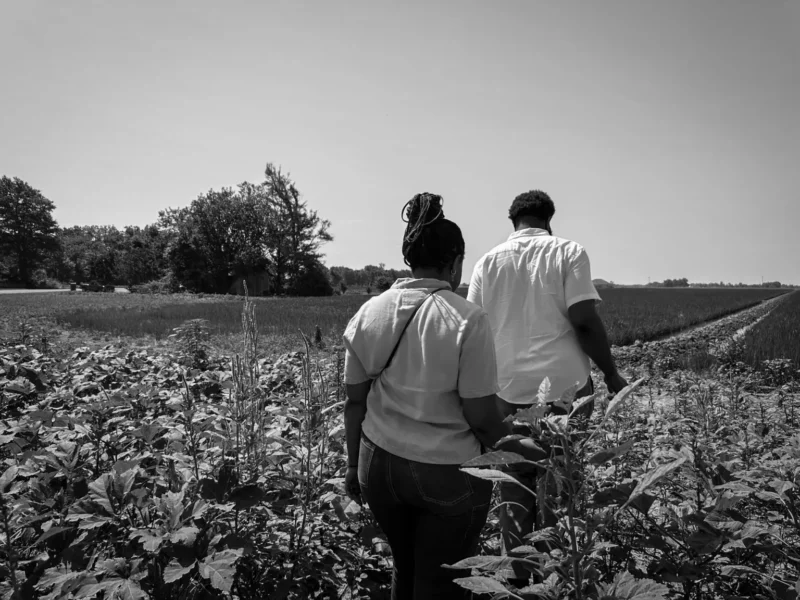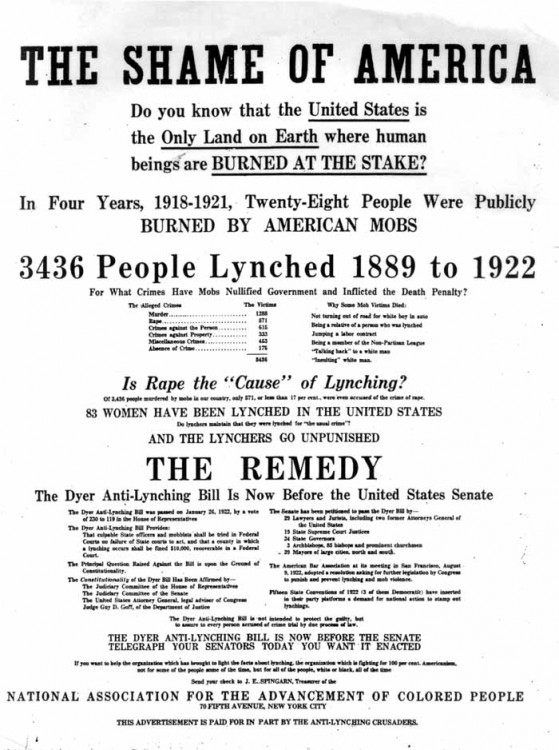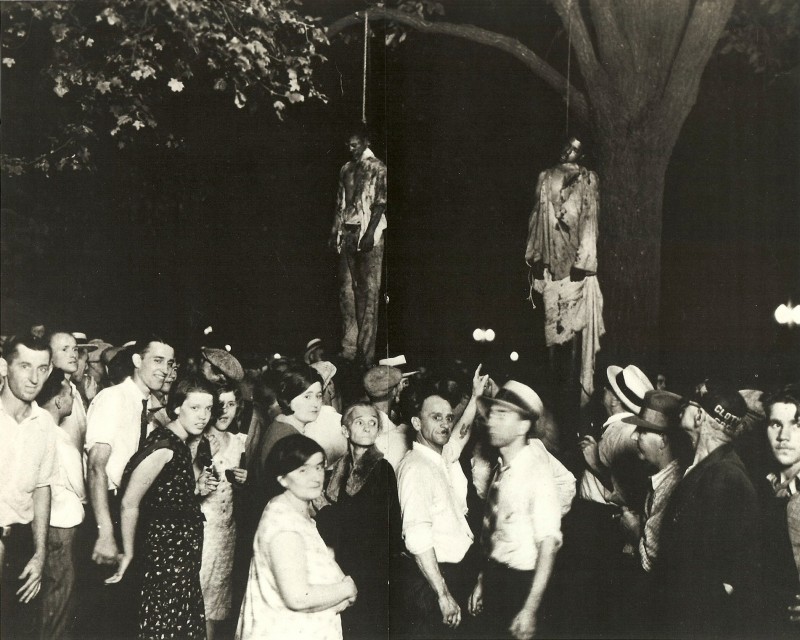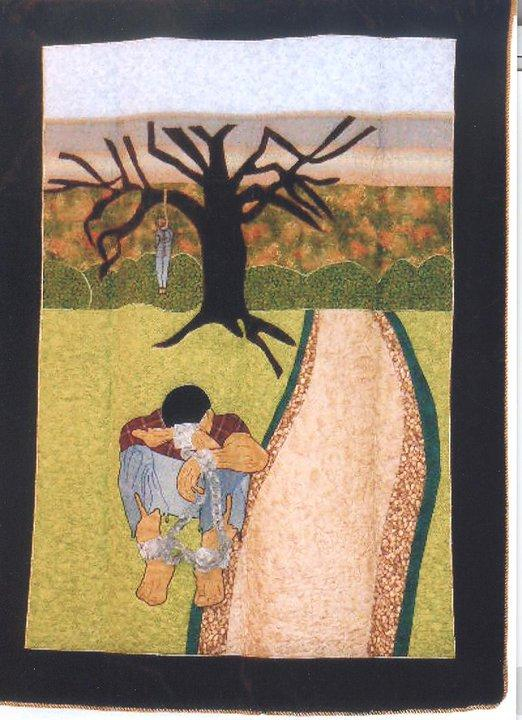USDA Ends Key Support for Black Farmers Amid Trump Anti-DEI Orders
Share
Explore Our Galleries
Breaking News!
Today's news and culture by Black and other reporters in the Black and mainstream media.
Ways to Support ABHM?
by Aallyah Wright, Capital B
The agency will no longer use the term “socially disadvantaged,” saying it has sufficiently addressed historic discrimination.

Lloyd Wright isn’t shocked that the United States Department of Agriculture is reversing a 35-year-old policy meant to help Black farmers in favor of a race-neutral approach.
But the 84-year-old, who grows soybeans and vegetables in Virginia, knows his fellow Black farmers will feel “the damage” of it.
Last week, the agency announced that it’s eliminating the term “socially disadvantaged,” which describes farmers or ranchers who had been subjected to racial, ethnic, or gender discrimination, which includes Black, Hispanic, Native American, and Asian groups.
“[The government] is going to take back the money — the little bit we were getting — and some of the outreach money will be crawled back,” Wright said. “Because they’re eliminating socially disadvantaged and anything else dealing with DEI [diversity, equity and inclusion].”
The department adopted the language in the 1990 Farm Bill to deliver resources to minority farmers, including through the 2501 Program — an initiative that requires the USDA to produce outreach and technical assistance to historically underserved farmers to ensure that they have access to grants and other resources.
Now, the agency will drop the use of the term entirely and will no longer consider race or sex-based criteria in its decision-making process for programs. According to the decision, this move will ensure that USDA programs “uphold the principles of meritocracy, fairness, and equal opportunity for all participants.”
The decision also said the department has “sufficiently” addressed its history of discrimination through litigation that has resulted in settlements, relief, and reforms.
Discover how politicians and farmers feel about this change.
Black farmers have also been fighting for promised relief from the USDA.
Comments Are Welcome
Note: We moderate submissions in order to create a space for meaningful dialogue, a space where museum visitors – adults and youth –– can exchange informed, thoughtful, and relevant comments that add value to our exhibits.
Racial slurs, personal attacks, obscenity, profanity, and SHOUTING do not meet the above standard. Such comments are posted in the exhibit Hateful Speech. Commercial promotions, impersonations, and incoherent comments likewise fail to meet our goals, so will not be posted. Submissions longer than 120 words will be shortened.
See our full Comments Policy here.









[…] minority farmers, in compliance with Trump’s anti-DEI orders, marks a dramatic policy reversal. While advocates warn this will intensify inequities in American agriculture, federal officials maint… Related Topics:NewsPoliticsUSA Don't […]